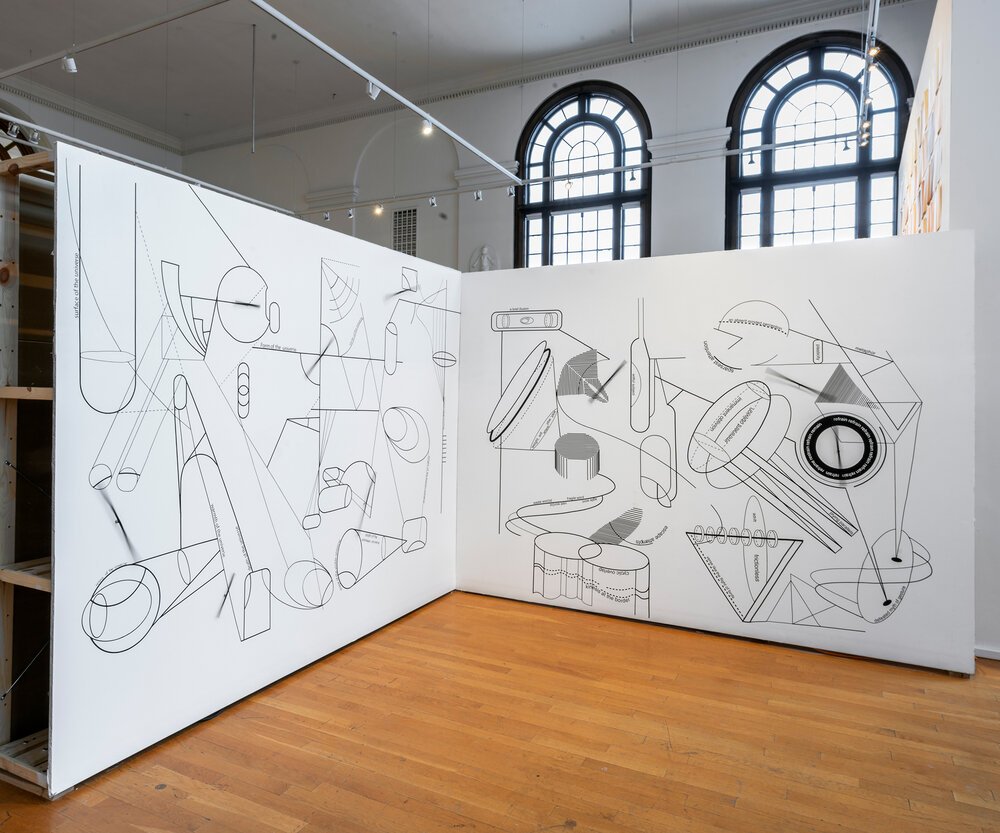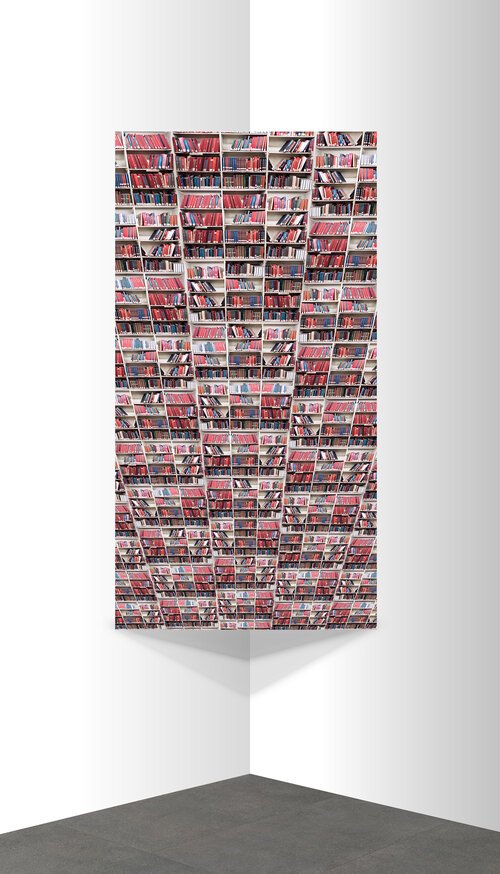Madyha J. Leghari (b. 1991) is a visual artist, writer, and educator working between Lahore and Washington, DC. She earned a BFA at the National College of Arts, Lahore (2013) and an MFA from the Massachusetts College of Art and Design (2018) on a Fulbright Scholarship. Her practice often revolves around the possibilities and limitations of language, and is often positioned in the indeterminate spaces of translation, cultural friction, and semantic lacunae.
Madyha has been the recipient of the Mansion Artist Residency; Delta Research Placement at the Flat Time House; Siena Art Institute Artist Residency and the Murree Museum residency.
She has exhibited her works internationally at platforms such as the Pera Museum, University of Colorado Boulder, Bennington College, Sea Foundation, The Institute for Experimental Arts, Alchemy Film and Moving Image Festival, Nottingham Arts Mela, 17th Athens Digital Arts Festival, Antimatter, and others across the Americas, Asia, and Europe.
Madyha has written on art for a number of publications including ArtNow Pakistan and the Dawn Newspaper. She has teaching experience at the National College of Arts, Lahore, Massachusetts College of Art and Design, Boston and the Beaconhouse National University, Lahore.
Artist statement
I am moved by the possibilities as well as the limitations of language. Growing up, I spoke Saraiki at home, Balochi with cousins, Urdu amongst peers and, later, English at school. This background attuned me to the fraught nature of language. It is one of the finest tools in the human inventory, and yet it fails us every day through its incomplete nature; its inability to accurately map the world; its (mis)translations; and its easy assimilation into communicative capitalism. I use these failures as fertile points of departure. Thus, my work is often positioned in the intermediate spaces of translation, cultural frictions, and linguistic lacunae.
Through various strategies, I attempt to negate word and describe a world without the interference of language. These strategies include plasticity, which emphasizes that language can belong to the empirical as equally as the rational. I examine physical manifestations of language as book, paper, library, and archive to emphasize its sensuous promise.
In some works, I focus on literalism, attempting the most direct possible realizations of language to both demonstrate its tenuous relationship with this world and to open up a different one. In other works, I examine the relationship of speech, voice, and the body, unpacking assumptions behind the authority, neutrality, and visibility of the narrator. Moreover, I remain interested in chance operations wherein language is severed from intention. Lastly, I lean on the ability of poetry and fiction to bend language away from description to say much more than mere ‘fact.’ I use multiple forms such as video, photography, sound, installation, printmaking, and painting, but language consistently remains important across all of them.







